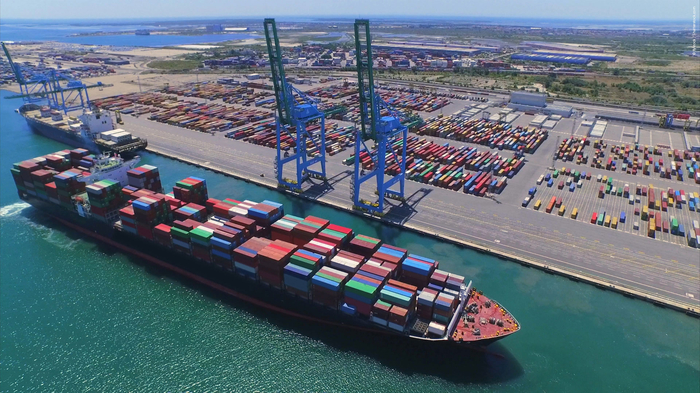With just hours remaining before the expiration of the framework agreement between the United States Maritime Alliance (USMX) and the International Longshoremen's Association (ILA), a new agreement has yet to be reached. In an effort to avert a strike, the USMX filed a lawsuit against the ILA on September 25, 2024, citing “unfair labor practices.” However, industry experts believe this legal action is unlikely to prevent a strike across the 36 ports along the U.S. East and Gulf coasts.
Please find further details below:
What happens in the event of a strike to shipments that are already on a vessel bound for the US East or Gulf Coast?
In the event of a strike, the “force majeure” clause in the Bill of Lading will be enforced. This clause permits shipping companies to discharge containers at any available port if necessary. In such cases, the shipping company is not obligated to deliver the containers to the originally booked port of discharge. Any costs incurred as a result of invoking the force majeure clause will be the responsibility of the shipper and/or consignee listed in the Bill of Lading and will be billed accordingly. These costs may include, but are not limited to, storage charges, terminal fees, transshipment fees, additional sea freight, surcharges, and other associated expenses. Ocean carriers will not release any container without payment of these potential extra charges. For more details, please refer to the specific Terms & Conditions of the applicable Bill of Lading.
What happens if my container is already in a terminal at the ports concerned?
It is expected that, in the event of a strike, operations at the affected terminals will come to a complete halt. This will likely prevent any containers from arriving at or departing from these terminals. Should this occur, the “force majeure” clause will again apply, and any storage charges, terminal fees, transfer fees, or other related costs will be passed on to the shipper and/or consignee. Similarly, ocean carriers will not release any container without payment of these potential extra charges.
What alternatives are there to shipping via US East and Gulf Coast ports?
The framework agreement applies exclusively to U.S. ports and does not currently include port workers in Canada. As a result, routing through Canadian ports could be a potential alternative, particularly for shipments to and from the U.S. Midwest. However, significant congestion at Canadian ports is expected in the event of a strike. Additionally, shipments via U.S. West Coast ports remain a viable option due to an active framework agreement in place for those workers. Routing through Mexico may also be considered, depending on the specific destination or origin. We are committed and available to provide tailored solutions to help minimize disruptions and maintain the flow of your supply chains.
The contact persons known to you will be happy to answer any questions you may have.
Contact us


